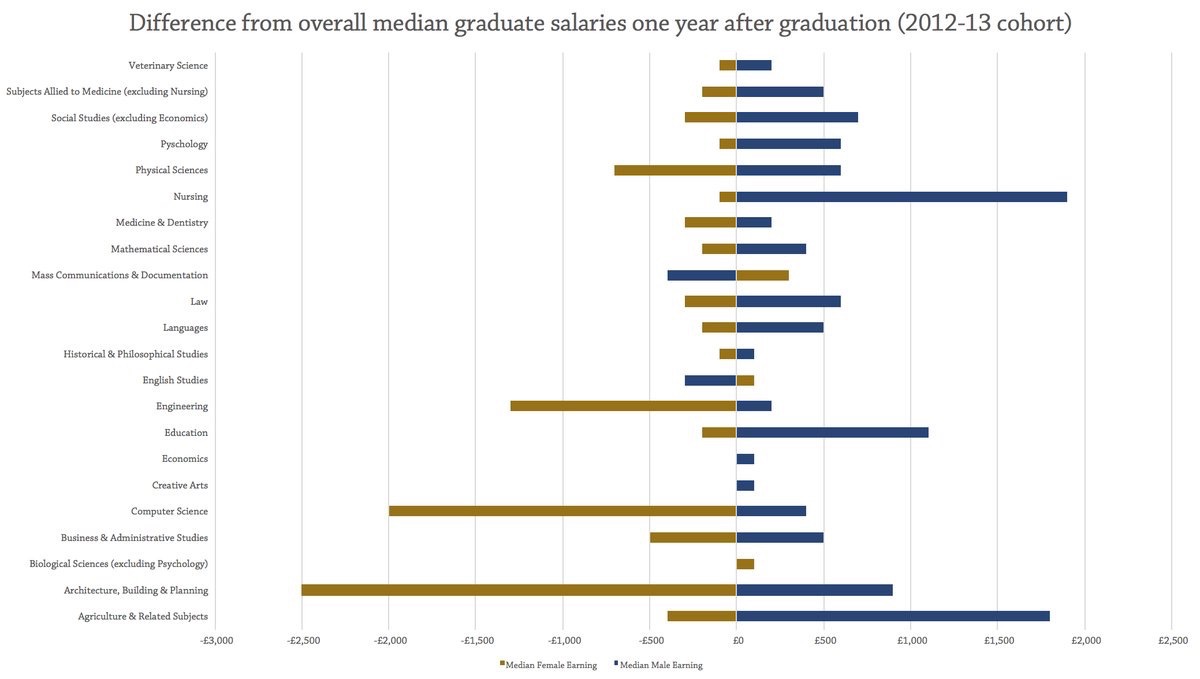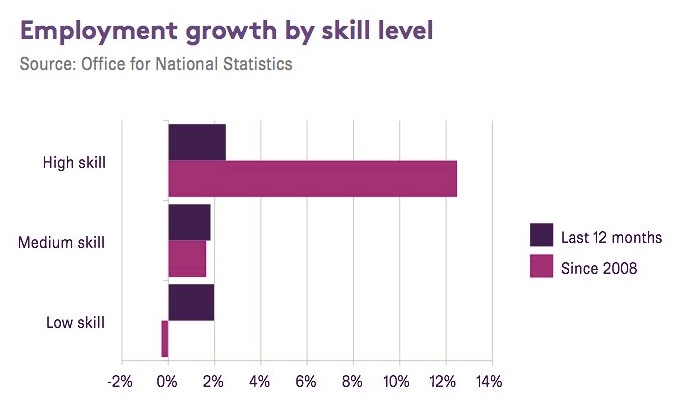 I’ve spent a lot of the last two months writing papers. I am not really sure why – other than people keep asking me to and I really do have a built up load of things which I haven’t written about. But one bad consequence of all this is I seem to have abandoned this blog. So, time to start catching up here.
I’ve spent a lot of the last two months writing papers. I am not really sure why – other than people keep asking me to and I really do have a built up load of things which I haven’t written about. But one bad consequence of all this is I seem to have abandoned this blog. So, time to start catching up here.
This paper – Learning about Careers: Open data and Labour Market Intelligence – is co-written with Deirdre Hughes. It is a preprint and wil be published in RIED – Revista Iboeroamericana de Educación a Distancia (The Iberoamerican Review of Digital Education) some time soon.
The full paper can be found on Research Gate or alternatively you can download it here. The abstract is as follows:
“Decisions about learning and work have to be placed in a particular spatial, labour market and socio-cultural context – individuals are taking decisions within particular ‘opportunity structures’ and their decisions and aspirations are further framed by their understanding of such structures. This article examines ways in which learning about careers using open data and labour market intelligence can be applied. An illustrative case study of the LMI for All project in the UK shows the technical feasibility of designing and developing such systems and a model for dissemination and impact. The movement towards Open Data and increasingly powerful applications for processing and querying data has gathered momentum. This combined with the need for labour market information for decision making in increasingly unstable labour markets have led to the development and piloting of new LMI systems, involving multiple user groups. Universal challenges exist given the increasing use of LMI, especially in job matching and the rapidly expanding use of open source data in differing education and employment settings. We highlight at least six emergent issues that have to be addressed so that open data and labour market intelligence can be applied effectively in differing contexts and settings. We conclude by reflecting on the urgent need to extend the body of research and to develop new methods of co-constructing in innovative collaborative partnerships.”



